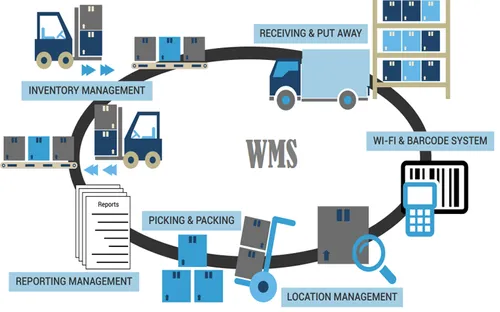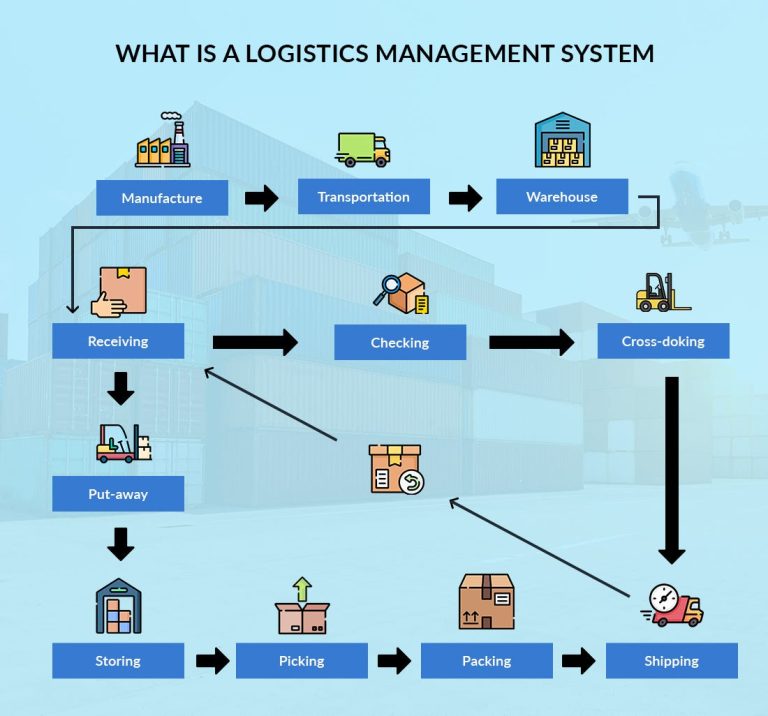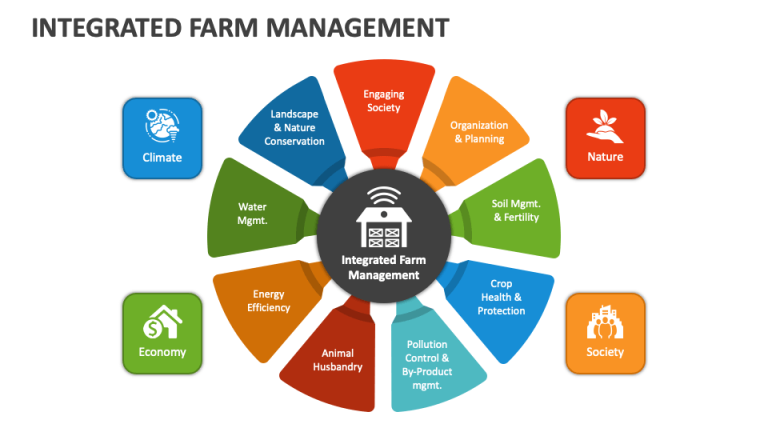Training Course on Construction Risk Management

About The Course
Course Description
Most construction sites and projects are naturally prone to numerous risks, from health to structural risks that are a tragedy in waiting. Therefore, it is the work of all the Project Managers, working together with the Surveyors and Engineers, to determine earlier enough the risks involved in any construction project or undertaking. This Training Course on Construction Risk Management offered by Phoenix Center for Policy, Research and Training aims to equip such crucial professionals with the necessary skills to correctly and effectively identify and predict all the possible risks in any construction project easily by giving them the necessary knowledge, practical guides, and techniques that can only be offered at Phoenix Center for Policy, Research and Training.
What is Construction Risk Management?
Every construction site is different and unique in its own way and comes with its unique challenges with disguised opportunities. Handling the unique nature of construction projects by managing their risks can sometimes be a little too much but not impossible if there is a thorough planning process and execution.
Why is Risk Management Important in Construction?
Risks can derail and easily become financial burdens when they turn into realities. That is why understanding and managing construction risks are crucial to any construction project. Proper assessment, monitoring, and controlling of risk are some of the things participants get to learn when they take this course.
The skills, deep knowledge, and applicable technical know-how that participants will gain from this course can help them catapult their professional careers. This journey will give them a permanent place in their organizations as the go-to person in matters concerning Construction Risk Management. Risks can sometimes become great opportunities to increase profits and establish a concrete relationship with clients. This is, if they are handled and managed properly. Some of the things that will be highlighted in this course include:
- How to Build Information Silos?
- Tracking All the Important and Necessary Documents
- Ensuring Proper Communication
- Safety Risks
- Financial Risks
- Project Risks
- Legal Risks
- Schedule Risks
- Environmental Risks
Course Objectives
Upon the successful completion of this Training Course on Construction Risk Management, participants will be able to:
- Understand the risk management process and techniques thoroughly
- Understand the integrated approach to managing risks in construction projects
- Get a better understanding of how to use different tools and techniques to manage risks effectively
- Understand how risk appetite, tolerance, and escalation work
- Study in detail risk management models and apply them in their construction projects effectively
- Understand their roles and responsibilities in identifying and assessing construction risks
- Develop risk management frameworks that adhere to international standards
- Contribute to the development and credibility of their organizations by delivering high-quality risk reports and predicting risks correctly
- Improve their clients’ satisfaction by ensuring that all the possible risks in any construction project are captured
- Develop international level structures and frameworks that will be used to manage construction risks
Training Methodology
The course is designed to be highly interactive, challenging and stimulating. It will be an instructor led training and will be delivered using a blended learning approach comprising of presentations, discussions, guided sessions of practical exercise, case study review, web-based tutorials, group work, exploration of relevant issues collaborative strength training, performance measurement, and workshops of participants’ displays, all of which adhere to the highest standards of training. The training technique is built on learning by doing, with lecturers using a learner-centered approach to engage participants and provide tasks that allow them to apply what they’ve learned. Experiential knowledge is also given equal importance within the format of training. Our facilitators are seasoned industry professionals with years of expertise in their chosen fields. All facilitation and course materials will be offered in English.
Who Should Attend?
This Training Course on Construction Risk Management would be suitable for, but not limited to:
- Risk and Compliance Officers
- Audit Officers who intend to scale their skills in identifying loopholes easily
- Construction Project Managers who intend to successfully manage their projects professionally
- Senior Management Officers responsible for enforcing risk management frameworks
- Construction Projects’ Clients who would like to ensure their contractors follow risk management standards
Course Content
Module 1: Introduction to Risk Management
- Risk Management Frameworks and How They Are Made
- What Is a Risk?
- Why is Risk Management so Crucial?
- Risk Management Methods
- Policy and Strategy Formulation
- Risk Procedures and Protocols
- Risk Architecture
- Benefits of Risk Allocation
Module 2: Risk Management Process
- Establishing The Right Context
- Risk Ranking (Using the Raking Matrix)
- Risk Identification and Assessment Techniques
- The Cause-And-Effect Relationship That Exists in Risk
- Risk Prioritization Methods and Analysis
- Risk Appetite, Tolerance, And Capacity
- Risk Reviewing and Monitoring Process
- Risk Profiling
Module 3: Risk Governance
- The RAS (Risk Appetite Statement)
- Strategies Used in Risk Management
- The Lines of Defence Model
- Ensuring The Workflow of Any Construction Site Is Seamless
- Safety Issues
- Risk Reporting
- Data-Driven Approach to Decision Making
- How To Transfer Project Risks
Module 4: Risk Mitigation
- International Standards in Risks
- Adhering to the Necessary Standards
- Following all the Regulations
- Ensuring Everyone Does Their Job
- How To Handle Multiple Risks
- Sharing Resources Between Different Risk Types
Module 5: Risk Types and How They Are Handled
- Financial Risks and Their Effects
- Environmental Risks and Why They Should Be Handled in Detail
- Scheduling Risks
- Accepting Project Risks
- Construction Risks Management Process
Module 6: Identifying Construction Risks
- Risk Identification Timing
- Preconstruction Phase Risk Assessment
- All The Potential Project Risks
- Brainstorming the Possible Risks
- Defining The Scope
- Handling Stakeholders to Identify Risks
Module 7: Common Construction Risks
- Natural disasters
- Poor decision-making
- Orders management
- Poorly written contracts
- Labour shortages
- Unexpected increase in the budget
- Unknown site scenarios
- Poorly defined scope of work
Module 8: Assessing Risk Exposure
- Risk identification process and techniques
- Project risks evaluation for possible exposure and level
- Overall risk management strategy
- Plan for risk
- Covering all the “what if” scenarios
- Getting all the details for actions that can mitigate risks
- Assessing risk costs and mitigation strategy
- Accept that some risks cannot be avoided and how to deal with them
- Risk events monitoring
- Regular assessments
- Regular strategy revisions
- Informed decision-making process
- Managing documents in every construction project
Module 9: The Construction Contract
- Contractor and owner responsibilities
- Addressing delays and time for performance
- Governing law and assignment
- Procedures for payments
- Relating with various subcontractors that are separate from the contractors
- Requirements, insurance, bonds, and indemnity
- Dispute resolution process
- Project close-out procedures
- Contract suspension and termination agreement
- Changes initiation in the works of the contractor
- Miscellaneous
Module 10: The Construction Details and their Risks
- Subsurface Geological Conditions
- Defective Designs
- Equipment Commissioning
- Damage To Persons or Property
- Site Access
- Late Instructions and Designs
- Cost Of Tests and Sampling
- Accidents Such as Fire, Collisions, Etc.
- Detail Of Design and Its Level
- Fundings
- Intrusion
- Vandalism
- Assaults
- Negligence
- Terrorism
- Defective Work
- Suitability Of Materials
- Labour Disputes
- Strikes
- Natural Catastrophes
- Regulations
- Environmental Pressure
Requirements
- Participants should be reasonably proficient in English.
- Applicants must live up to Phoenix Center for Policy, Research and Training admission criteria.
NOTE
- Discounts: Organizations sponsoring Four Participants will have the 5th attend Free
- What is catered for by the Course Fees: Fees cater for all requirements for the training – Learning materials, Lunches, Teas, Snacks and Certification. All participants will additionally cater for their travel and accommodation expenses, visa application, insurance, and other personal expenses.
- Certificate Awarded: Participants are awarded Certificates of Participation at the end of the training.
- The program content shown here is for guidance purposes only. Our continuous course improvement process may lead to changes in topics and course structure.
- Approval of Course: Our Programs are NITA Participating organizations can therefore claim reimbursement on fees paid in accordance with NITA Rules.
Booking for Training
Simply send an email to the Training Officer on training@phoenixtrainingcenter.com and we will send you a registration form. We advise you to book early to avoid missing a seat to this training.
Or call us on +254720272325 / +254737566961
Payment Options
We provide 3 payment options, choose one for your convenience, and kindly make payments at least 5 days before the Training start date to reserve your seat:
- Groups of 5 People and Above – Cheque Payments to: Phoenix Center for Policy, Research and Training Limited should be paid in advance, 5 days to the training.
- Invoice: We can send a bill directly to you or your company.
- Deposit directly into Bank Account (Account details provided upon request)
Cancellation Policy
- Payment for all courses includes a registration fee, which is non-refundable, and equals 15% of the total sum of the course fee.
- Participants may cancel attendance 14 days or more prior to the training commencement date.
- No refunds will be made 14 days or less before the training commencement date. However, participants who are unable to attend may opt to attend a similar training course at a later date or send a substitute participant provided the participation criteria have been met.
Tailor Made Courses
This training course can also be customized for your institution upon request for a minimum of 5 participants. You can have it conducted at our Training Centre or at a convenient location.
For further inquiries, please contact us on Tel: +254720272325 / +254737566961 or Email training@phoenixtrainingcenter.com
Accommodation
Accommodation is arranged upon request and at extra cost. For reservations contact the Training Officer on Email: training@phoenixtrainingcenter.com or on Tel: +254720272325 / +254737566961
Start To Learn
5 Days
Certificate
Course Duration
Course Price
Training Calendar
2024 Training Calendar | |||
Start Date | End Date | Location | Register |
| 5-Aug-2024 | 9-Aug-2024 | Nairobi | https://rb.gy/tb38zt |
| 19-Aug-2024 | 23-Aug-2024 | Nairobi | https://rb.gy/tb38zt |
| 2-Sep-2024 | 6-Sep-2024 | Nairobi | https://rb.gy/tb38zt |
| 16-Sep-2024 | 20-Sep-2024 | Nairobi | https://rb.gy/tb38zt |
| 30-Sep-2024 | 4-Oct-2024 | Nairobi | https://rb.gy/tb38zt |
| 14-Oct-2024 | 18-Oct-2024 | Nairobi | https://rb.gy/tb38zt |
| 28-Oct-2024 | 1-Nov-2024 | Nairobi | https://rb.gy/tb38zt |
| 11-Nov-2024 | 15-Nov-2024 | Nairobi | https://rb.gy/tb38zt |
| 25-Nov-2024 | 29-Nov-2024 | Nairobi | https://rb.gy/tb38zt |
| 9-Dec-2024 | 13-Dec-2024 | Nairobi | https://rb.gy/tb38zt |
| 16-Dec-2024 | 20-Dec-2024 | Nairobi | https://rb.gy/tb38zt |




